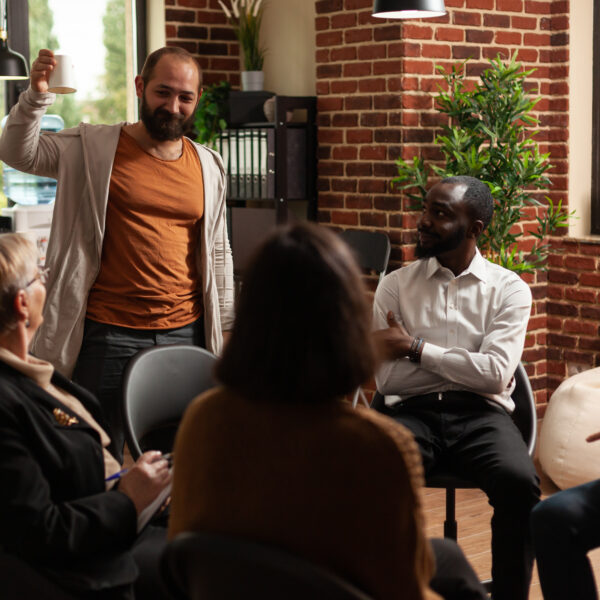Joint venture mindset

5 human concepts
We want to share five fundamental concepts about how the human mind works, as if you know about these then you can use them to advance your joint venture offers. By having a clear understanding of these concepts, you can create a turnkey opportunity for someone where you do all the work, put all the thinking in, make their life easier and more profitable which makes it harder for them to resist.
- Most people want more money.
- Most people haven’t capitalized on every opportunity.
- Most people have challenges that they are still trying to solve.
- Most people don’t wish to work harder than they already are – if anything they would rather work less hard.
- Most people don’t join up the dots or see what could work.
Most of these concepts are based on the fact that we know that the majority of people are running subconsciously in their day-to-day lives. The work of the subconscious mind either has people continuing on autopilot and forming habits based on their own beliefs – no matter how limiting they are or not. In most cases, our brains have a natural tendency to form negative beliefs and biases so unless you can prove that someone is actively aware and rewiring their mind to positivity and optimism, then you can be quite sure that at least one of the five fundamental concepts above, applies. You can also be fairly sure that they are probably not aware of the fact that their mind is doing this to them and limiting their thought processes. You might find that you come across some initial resistance when you propose a lucrative opportunity because some people find it hard to trust people that offer them great opportunities – in a way it will seem too good to be true to them. If you are patient, kind, and respectful and you are sure about explaining how your alliance with be mutually beneficial, then the right person(s) will reveal themselves and you can join forces for the better.
Remember these 2 principles
Becoming a joint venturer or strategic business partner with someone isn’t about knowing everything and being a complete expert in business. It’s about being open-minded, seeking opportunities, and thinking critically about the relationships in your network that could be anchored for creating mutual benefit, mutual experience, and growth.
We want you to know and remember that:
Joint ventures really do work, and they are something that you can easily do.
Even though it may seem like it’s something that is carried out by big corporations, we know that businesses of all shapes and sizes can benefit from strategic alliances.
Most small-medium enterprises and businesses do not have a clue about joint ventures. They believe that they are something that is only understandable or accessible to large companies and corporations.
The concepts that we have described are universal, and can be applicable to businesses of all stages, ages, types, and sizes.
One person’s pain is another person’s opportunity.
There are dozens of different ways that you can use joint ventures, strategic alliances and similar to fulfil your wishes and someone else’s too. You can start to practice recognizing situations when someone has something that someone else needs or wants, and if left to their own devices, they wouldn’t get around to seeking it, joining up, or putting it together.
This has everything to do with being an opportunist and a great problem solver. You can solve other people’s problems that they wouldn’t otherwise solve themselves.
You can go to a company and build them new profit centers, get them new products, or get them into new markets. You can find ways to make use of their underused assets or opportunities.
You need to realize that there are other companies that have voids, unmet needs, and unmaximized earning potential. Your job is to be a kind of business scientist, to find the opportunity, or the cure that everyone else is missing. You’ll notice that most people will keep trying to minimize the symptoms but can’t see their way to a cure and never get to the root cause to solve their problems. That is your chance.
Instead of trying to make them feel shameful or bad about their deficiencies, show that you believe in them, and you have absolute confidence in what they do, but that you hold the puzzle piece that they need.
Remember the cost of inaction can be far greater than the cost of action.
Delays can cost you and your strategic partners (they may not even realize this). Once you have recognized a great opportunity, any time that passes where you are not acting on your idea will drain your motivation and passion for it. As time passes, the mind is good at over-analyzing details, dynamics and coming up with ways to sabotage the idea before it has even had a fair shot at being done. So, remember, that you are doing your great ideas a disservice the longer you wait to act upon them. And if you don’t act upon them, then you will never know how great they could be.
